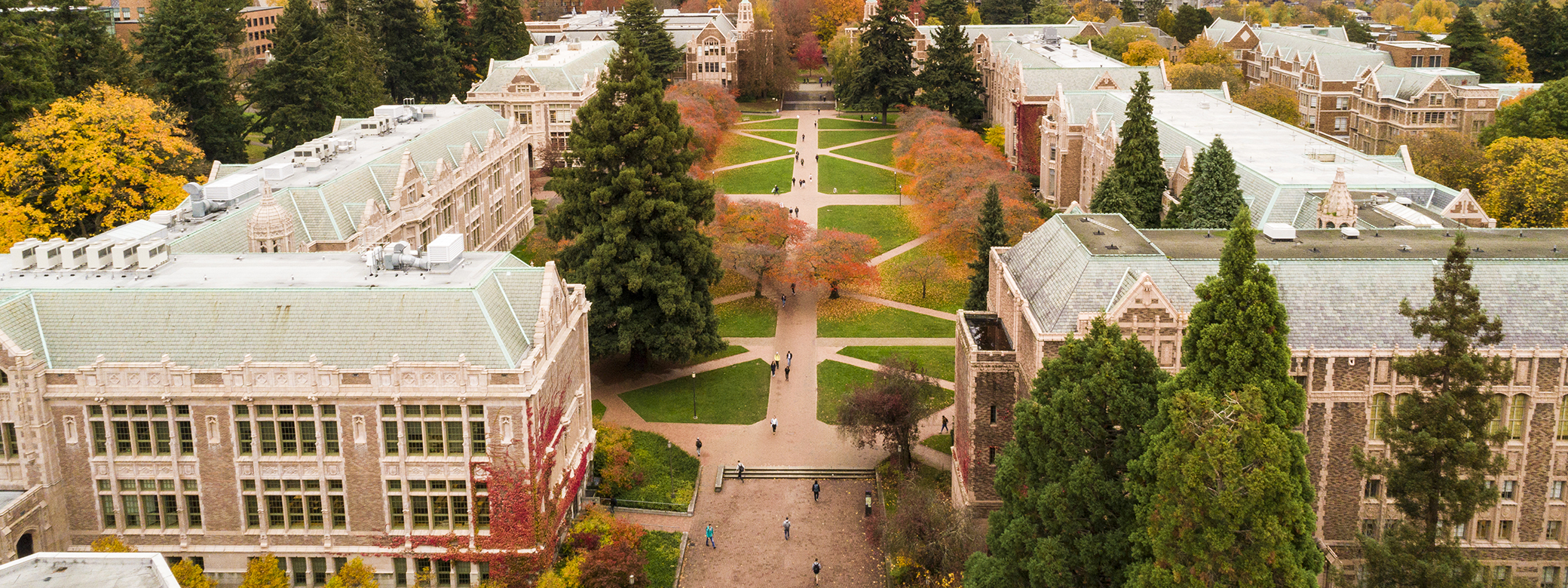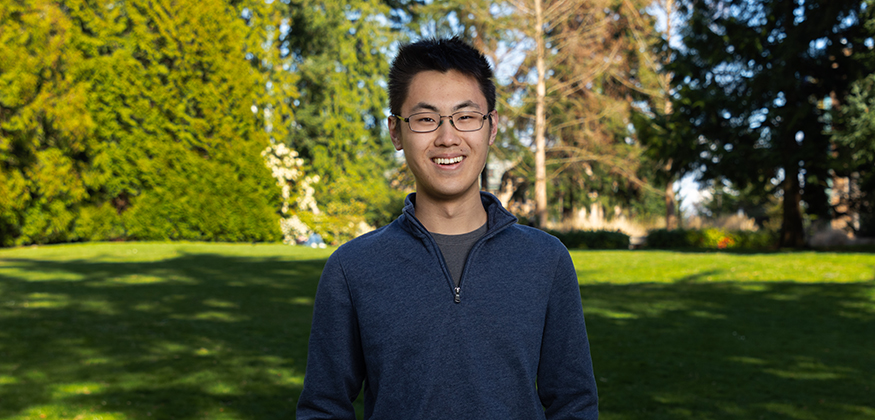
As a tenth grader in Vancouver, Washington, Phillip Meng needed advice. He was working on a research paper about Turkey and sought guidance from an expert on the region. He contacted Reşat Kasaba, UW professor of international studies, who was director of the Jackson School of International Studies at the time. Kasaba read over Meng’s paper and offered feedback.
“At that point I had very little understanding of who Reşat Kasaba was or how incredibly busy he was,” Meng says, “but it made such an impression on me that an important professor would help out a tenth grader on a research paper.”
Meng’s talent for making connections continued at the University of Washington. He graduates this summer as a UW Honors student with a triple major in global and regional studies, finance, and information systems, with a resume that includes five internships, ongoing research with faculty, two board appointments, the founding of a student organization, editorship of a student journal, and various roles as a business consultant.
The more opportunities you pursue, the more perspective you have — and the better you will be at the next thing you take on.
“It’s been a really joyful way to be a college student — exploring so many things, going deep in all of the fields that I wanted to, and getting answers for the big questions I was interested in from the beginning,” Meng says.
Those big questions mostly concern foreign policy: how to make it more democratic and responsive to public opinion, and how it impacts people’s livelihoods. Here is Meng’s recipe for making the most of the UW while exploring those questions.
Start with research...
Meng knew he wanted to participate in research as a UW student, so he reached out to Sabine Lang his very first quarter at the University. Lang, professor of international studies, is the instructor for an undergraduate research course in the Jackson School. When Meng shared his interest in international studies and how societies respond to public opinion, Lang invited him to join her own research project, which touches on those questions. He has been working with her ever since. The research focuses on the European Union consulting the public when proposing new regulations or policies, and how those public consultations reflect European democracy and citizen engagement.
Add a student organization...
Meng’s interest in public opinion research also led him to launch the Polling and Open Data Initiative (POD UW) soon after arriving at the UW. The nonpartisan student organization generates and analyzes data relevant to the UW community and beyond. Initially, the group analyzed student opinions on timely topics — for example, what aspects of remote learning should continue after the pandemic — but the focus soon expanded to other social impact data projects, some with outside partners such as the Washington State Parks Foundation.
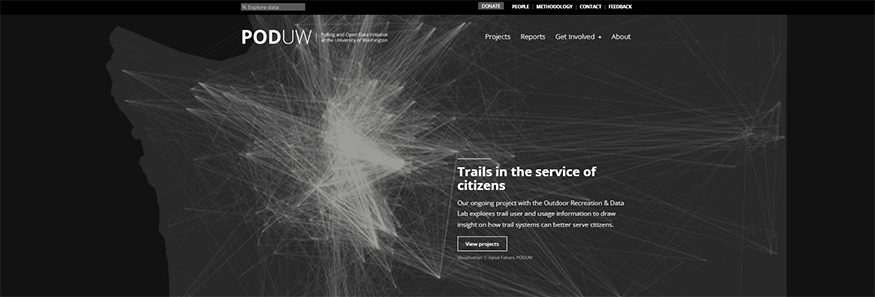
Season with business consulting...
To satisfy his interest in business, Meng became a consultant with the Foster Consulting Program, which is run by the Foster School of Business Consulting and Business Development Center and Business Impact Group. Working in small teams, students provide consulting services to local businesses facing difficulties or challenges. Meng later became a project manager for the program and is now president of Business Impact Group, the UW’s largest undergraduate consulting organization. “Business Impact Group is a true small-business consulting organization that is very client-led in what we do,” he says.
Fold in internships...
Beyond campus, Meng has held five internships. The first was at Qualtrics, a Seattle-based company known for survey software used in public opinion and research applications. Next came Boston Consulting Group, where he researched companies to understand them holistically. The learning curve on that internship was steep. “Especially for some of the faster-paced projects, I was having to figure out a new industry and new environment every few weeks,” Meng recalls.
This year Meng has interned at three think tanks: the Chicago Council on Global Affairs, where he wrote about public opinion and foreign policy; the Bipartisan Policy Center, where he examined small business and industrial policy; and the Atlantic Council’s GeoEconomics Center, where he focused on economic and monetary policy.
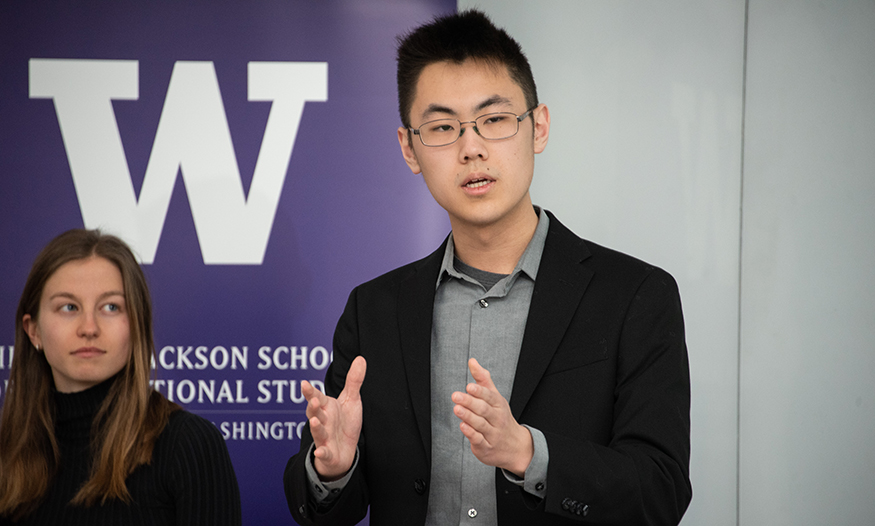
Combine with more academic opportunities...
In the Jackson School, Meng became an editor for the Jackson School Journal last year and is now co-editor-in-chief. The student-run journal publishes undergraduate research on international studies topics, using a peer-review process similar to professional academic journals. “The most valuable takeaway from reviewing papers is how important it is that research be in conversation with other work in the field,” Meng says. “You have to be thinking about the existing literature and how your research findings relate back to that.”
Also in the Jackson School, Meng recently completed Task Force, a capstone course for global and regional studies majors. Working in teams, Task Force students spend an academic quarter addressing a thorny policy question. Meng served as coordinator for his 14-student team, whose policy question was how to counter the illiberal drift in Europe — more specifically, how to mobilize civil society and governments to defend liberal democracy.
I think that was the most valuable part of the Task Force — we were out of the business of theorizing and into the business of solutions.
“Before this, I hadn’t done much coursework where you make concrete policy recommendations and explain how they can be actionable,” Meng says. “I think that was the most valuable part of the Task Force — we were out of the business of theorizing and into the business of solutions.”
Task Force teams end the quarter by presenting policy recommendations to an expert on their topic. Meng’s team presented to Conny Reuter, global coordinator for the Progressive Alliance. “Just before he arrived, I distinctly remember being told he had just met with the Spanish prime minister,” Meng says. “I thought, ‘And his next audience is us?’ That’s pressure.”
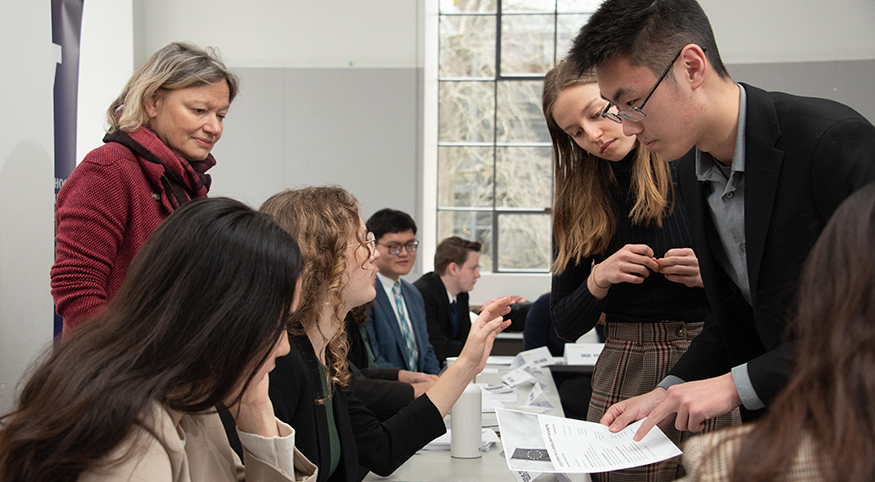
Toss in scholarships...
Despite his triple major and numerous commitments, Meng will graduate in three years thanks to advanced placement credits and three scholarships that freed him to focus on his studies: a Foster School Scholarship, the Jackson School's Crawford Endowed Scholarship, and a Mary Gates Honors Scholarship, the latter covering two years of tuition. “Not having to think about tuition made it easier to pursue new opportunities and made it possible for me to think about taking more classes,” he says.
...And add a dash of advice
Meng is set to graduate in August. He’s already secured a post-graduation job at McKinsey & Company, a global management consulting firm. For other undergrads hoping to gain professional experience at the UW, he advises, “Once you find something you are truly passionate about, go deep in looking for opportunities in that area. For me, following a couple of strands of interest brought me to each of the opportunities I had. The more opportunities you pursue, the more perspective you have — and the better you will be at the next thing you take on.”
More Stories
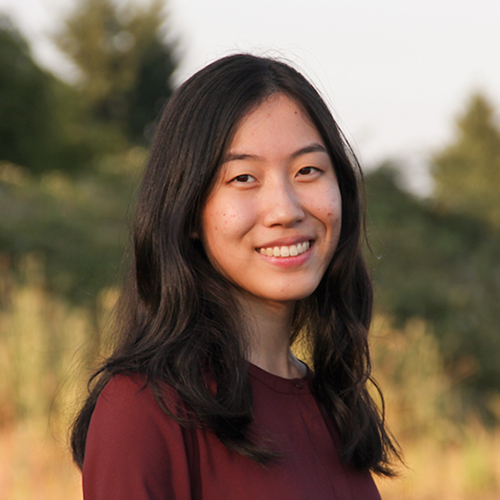
Two Majors, Complementary Skills
Elizabeth Xiong (2024), a double major in art history and computer science, shares how she gained different and complementary skills from each major.

Exploring Connections Through Global Literary Studies
The UW's new Global Literary Studies major encourages students to explore literary traditions from around the globe and all eras of human history.
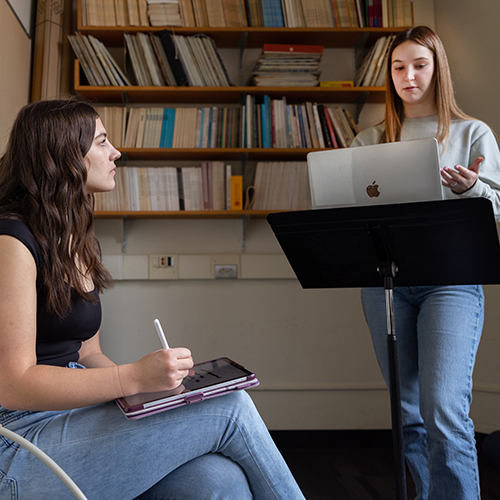
The Truth About Public Speaking
Becoming an effective public speaker requires planning and practice. Professor Matt McGarrity and consultants at the UW Center for Speech & Debate are available to help.
